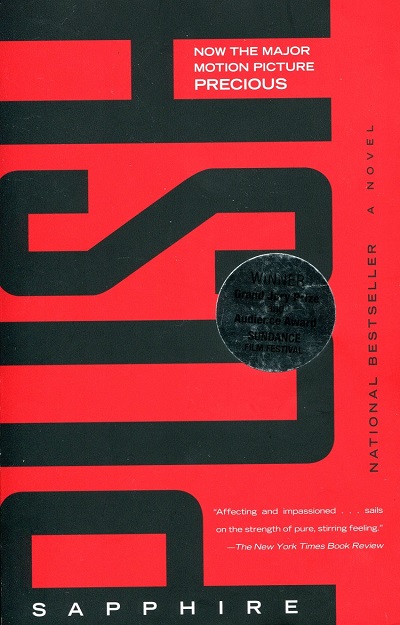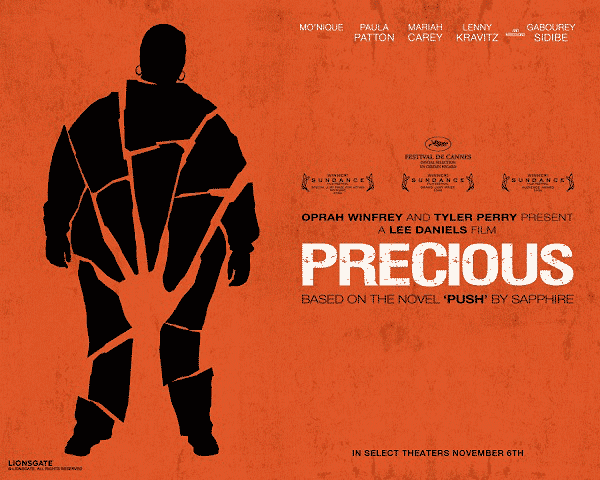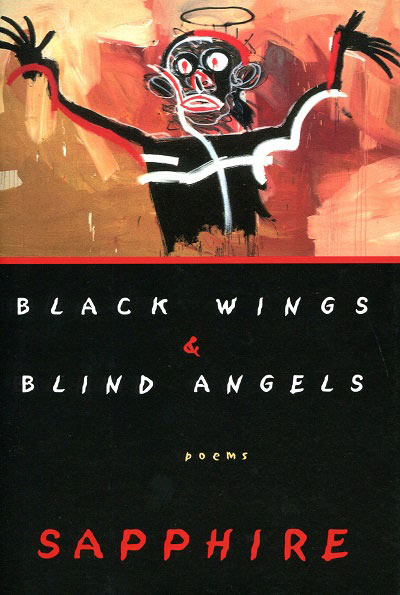
PUSH (Novel, 1996)
“You feel you’ve witnessed nothing less than the birth of a soul.” —Entertainment Weekly
Precious Jones lives in a world worse than the one inhabited by the character Celie in The Color Purple. She, too, is a victim of abuse. At 16, Precious finds herself pregnant again by her father, untrained, uneducated, and unable to care for herself or her baby. She is astute enough to know that there is a better way to live but is clueless as to how to get there. Fortunately for Precious, she meets a black teacher, Ms. Blue Rain, who pushes her to change with encouragement and inspiration. Ms. Rain challenges Precious to learn to read and write and improve her way of life. In her literacy class, Miss Rain instructs all of her students to maintain a journal; readers experience Precious’s transformation in her journal entries. Her development and growth are astonishing in the short period of time we share her writings. Push is an intense work, both heartbreaking and frightening. —Booklist

Precious: Based on the novel PUSH BY Sapphire (Film, 2009)
Gabourey Sidibe brims with grit and grace in her debut as Claireece “Precious” Jones, a sixteen-year-old African-American girl living in 1980s Harlem. When the pregnant Precious isn’t stealing food or ducking punches from her abusive mother (Mo’Nique), she’s barely coping with the ninth grade. Unable to read or write, she is emotionally shut down at school. But in her daydreams, she possesses an unshakable sense that other possibilities exist for her. When she is offered the chance to transfer to an alternative school, her instincts tell her this is the chance she has been waiting for. With the help of her teacher (Paula Patton), her social worker (Mariah Carey), her nurse (Lenny Kravitz), and her classmates, Precious forms a supportive network that helps her move toward a self-determined future. An emotional powerhouse that deserves its place among the year’s best films.

Black Wings & Blind Angels (Poetry, 1999)
Sapphire became a semi-celebrity for the harsh poems of abuse and recovery in her first book, American Dreams; she then made waves for the huge advance on her novel Push. This second volume of verse finds her less aggressive, mixing her hostilities and anxieties with a newly bemused nostalgia….Among the free-verse persona poems, Sapphire even strews a few sestinas. This isn’t to say she’s gone soft: as in Push, her compulsively consumable stories of trauma explore the far reaches of hell before coming up for air and angels. As if to remind us that she’s still dangerous, one of the volume’s central images is a so-called Indian wolf trap— a salt lick that hides a razor. —Publishers Weekly